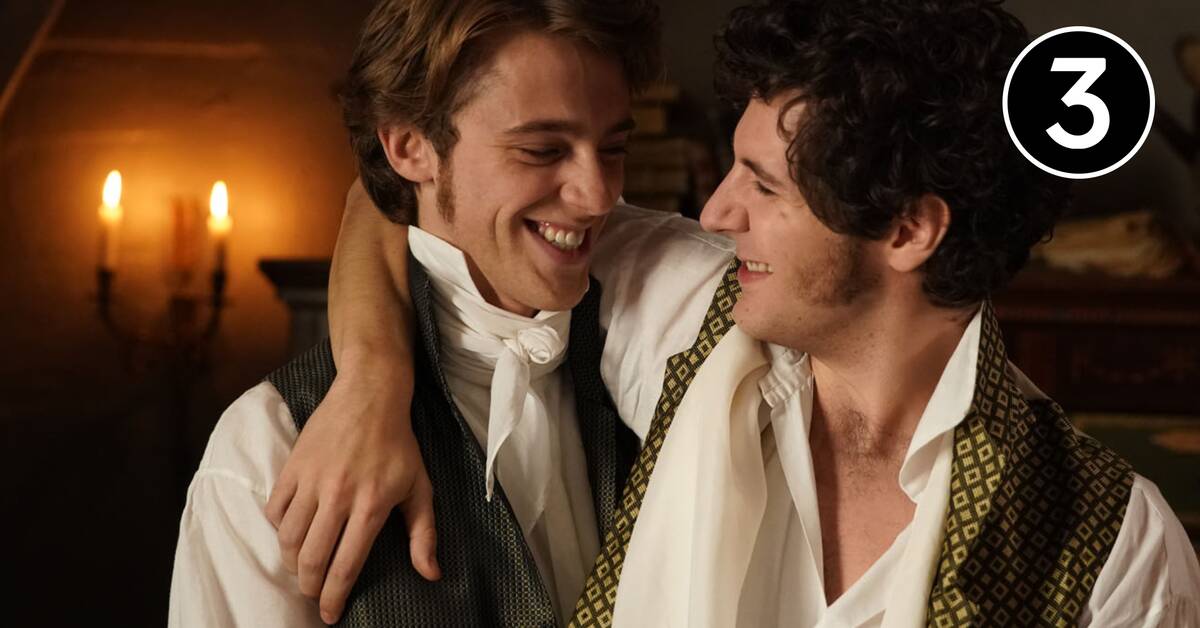This film adaptation of Honoré de Balzac's three-part novel "Lost Illusions" paints a picture of abuse of power and unbridled galloping corruption within the early 1800s media landscape, or at least its tabloids. If Balzac is to be believed, and the film, the magazines of the time were ruled by a collection of greedy types who charged well for their opinions; who sawed or acclaimed plays and books — and people — to order, that made careers flourish or crash-land from the get-go.
In these murky waters moves Lucien Chardon, an upstart from the whisper, whose poetic ambitions are greater than his talent, which leads him to join the monetary mafia of this feathered pen.
Lucien is filled with glorious dreams of the future, wants to embrace the ideals of romance but is basically a slippery type, played with slight repulsive arrogance by Benjamin Voisin. Two and a half hours we walk by his side, without him managing to arouse more than possibly a snout of sympathy. But that's not how filmmaker Xavier Giannoli's ("Revelation") means either, this is instead a note-taking story where Lucien gets to take the whip for the sake of our enlightenment.
At the same time: a vivid and detailed excursion through post-Napolean France that can cause one to be horrified, only to later step out of the salon and into a time of trolls, influencers and moonshiners of fake news treating the "truth" like a piñata.
The pace is high, both in the drama and in the execution, but it is unfortunately accompanied by a voiceover that is so persistently recurring that one wishes someone could immediately establish an auditory restraining order. After all, the point of filming a novel is hardly to read it out to beautiful pictures.
Well, the eternal orering still fails to drown out the drama. In the end, we still stand with a driven, painterly and unexpectedly topical film – and no one has paid me to write this. Or okay then... SVT pays, but the opinion is mine.

